Protect your heart. Don’t do these things that hurt your heart.
Defend the engine of human body. Don’t do these things that hurt your heart.
September 29th is World Heart Day. The latest report shows that the number of patients with cardiovascular diseases in China is estimated to be about 330 million. As we all know, hypertension, hyperglycemia and hyperlipidemia, also known as "three highs", are the main risk factors leading to cardiovascular diseases. At present, China is facing the dual pressures of aging population and the continuous prevalence of metabolic risk factors, and the burden of cardiovascular disease will continue to increase. Life goes on and the heart beats. To protect the heart, the engine of the human body, the following things that hurt the heart should be avoided.
[smoking]Continuous smoking is a risk factor for cardiovascular disease.
Statistics show that there are about 500,000 cases of sudden death in China every year, most of which are sudden cardiac deaths, of which about 75,000 cases are young people. Dr. Qian from the Department of Cardiology, Suzhou, Jiangsu Province, once experienced such a weekend, and performed 6 operations on acute myocardial infarction within 24 hours, among which 5 patients were all aged 40 and under, and all smoked.
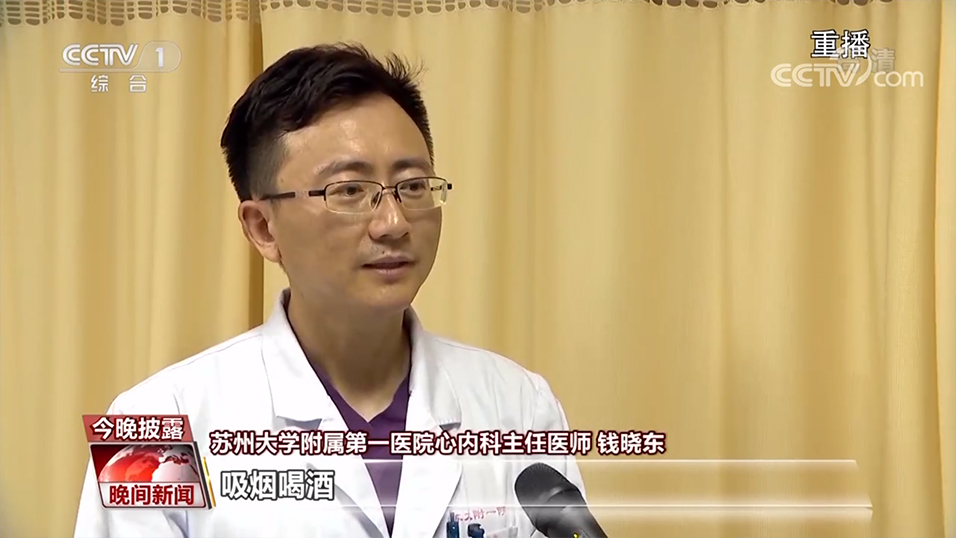
Qian Xiaodong, Chief Physician, Department of Cardiology, First Affiliated Hospital of Soochow UniversitySmoking and drinking, these bad hobbies are more prominent, and then they don’t pay attention to physical examination.
Studies have shown that continuous smoking is the main risk factor for adverse clinical outcomes in patients with recurrent myocardial infarction; Most smokers have a higher risk of death caused by cardiovascular disease than lung cancer, and their cardiovascular disease may lead to sudden death at the beginning.
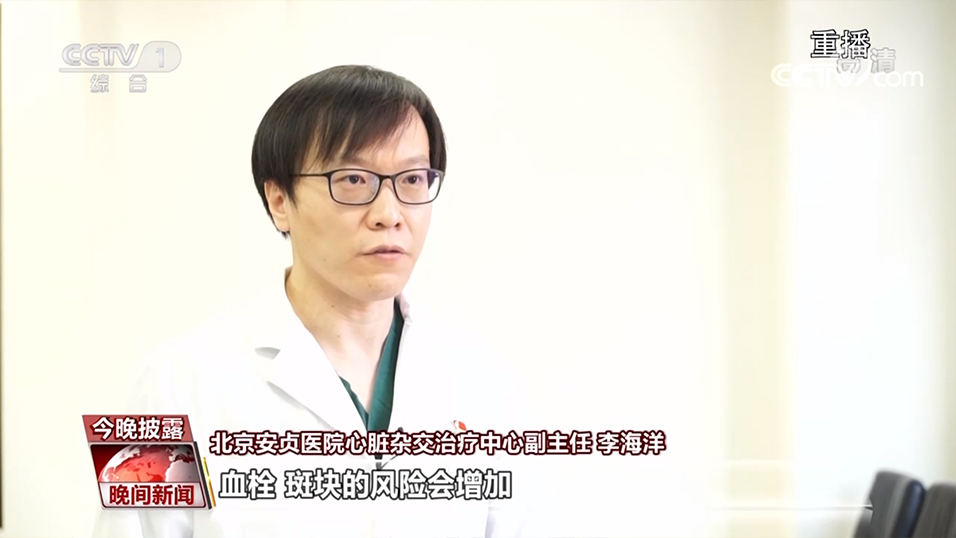
Li Haiyang, Deputy Director of anzhen hospital Heart Hybridization Therapy Center.When smoking, the heart rate increases and the blood pressure increases, which will cause certain damage to the cardiovascular endothelium of smokers and cause platelet aggregation. In this case, the risk of such thrombus and plaque will increase, and the risk of myocardial infarction will increase.
[Staying up late] A 21-year-old man who stayed up late for a long time sucked out 10 thrombi.
Due to unhealthy living habits, the age of patients with myocardial infarction is younger. Dr. Yin from Chengdu, Sichuan shared a sad case with the reporter. At the end of 2019, 21-year-old Xiao Pu went to the emergency department for a sudden myocardial infarction. He also became the youngest patient with myocardial infarction who was admitted to the hospital at that time.
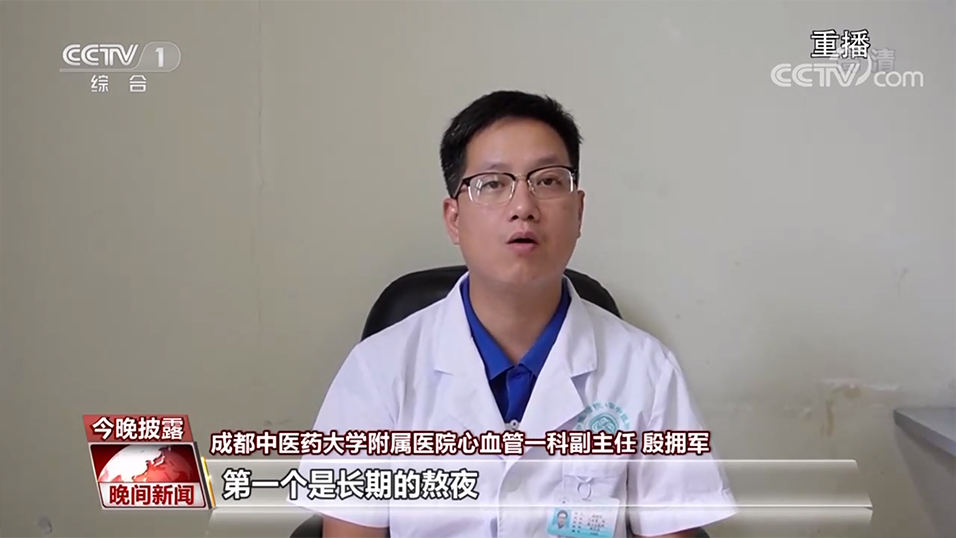
Yin Yongjun, Deputy Director of Cardiovascular Department I, Affiliated Hospital of Chengdu University of Traditional Chinese MedicineThere are many risk factors for his coronary heart disease. The first one is staying up late for a long time, like smoking and drinking, and his body is very fat. At that time, he was about 200 kilograms, and he had a relatively high blood pressure for a long time and did not control it.
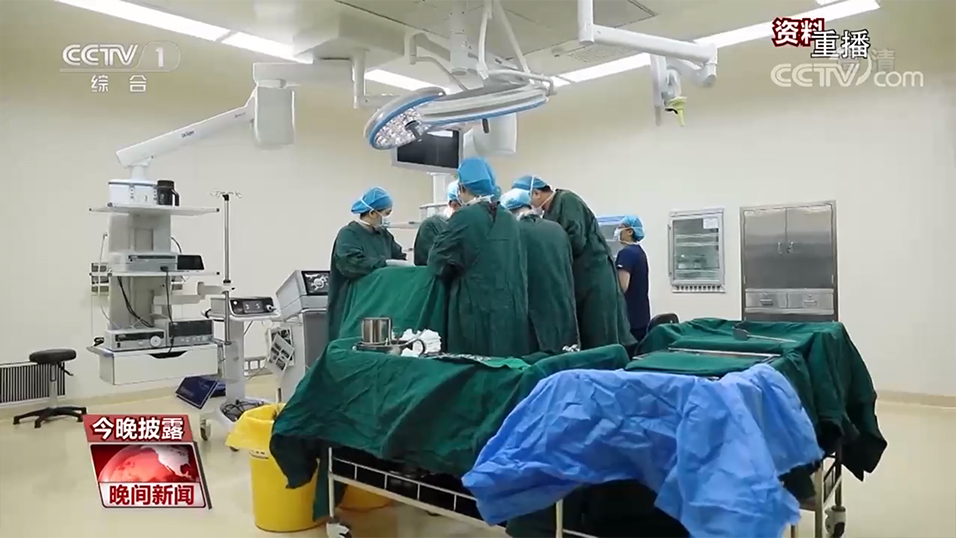
In the subsequent operation, it was found that a large number of thrombi blocked his blood vessels, and the doctor finally sucked out 10 thrombi with a catheter.
Young people’s myocardial infarction is more urgent and dangerous than the elderly.
According to experts, during clinical treatment, it is found that when cardiovascular diseases occur, the condition of young people is often more urgent and dangerous.
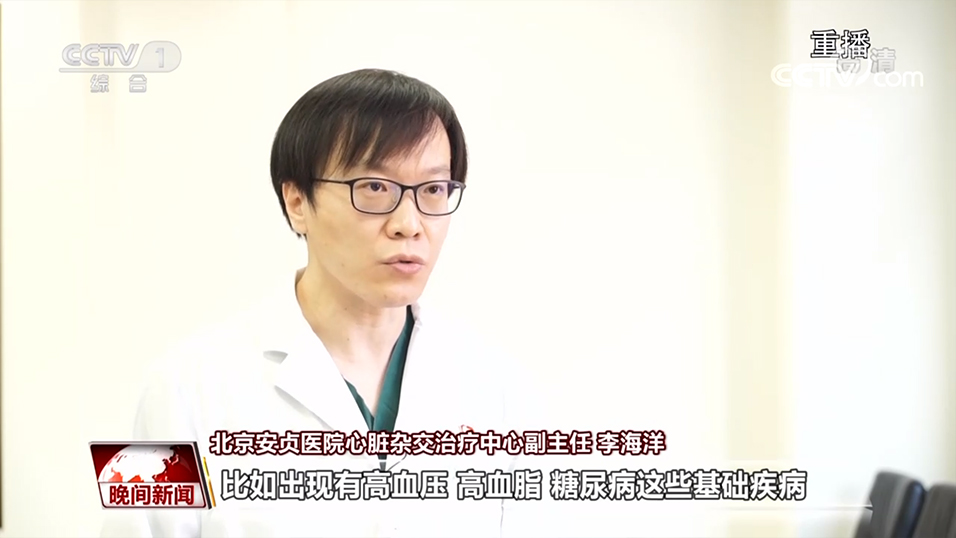
Deputy Director of anzhen hospital Heart Hybridization Therapy Center. Li HaiyangThe elderly often suffer from basic diseases such as hypertension, hyperlipidemia and diabetes, and its pathological changes are a slow process. With the continuous blockage of blood vessels, the blood flow at the distal end gradually decreases, and the body will produce a self-protection mechanism, that is, compensatory proliferation of some small blood vessels narrows in the main vessels, resulting in many collateral circulation, which has a certain degree of protection. In young people, however, his collateral circulation has not been fully established. After the emergence of acute occlusion, the distal myocardium completely lost its blood supply.
Protect the heart, strengthen the "heart" by scientific exercise.
Experts once again stressed that a healthy diet and moderate exercise are conducive to avoiding the "three highs" risk factors and enhancing cardiovascular and cerebrovascular functions. Today happens to be World Walking Day. As one of the most convenient sports, what kind of heart rate should we maintain when walking, and what problems should we pay attention to in other sports?
What kind of heart rate should I keep when walking?
[Effective Walking] Slightly wheezing "You can talk but you can’t sing"
Experts say that for most people, moderate-intensity exercise is recommended, and the specific heart rate value varies from person to person.
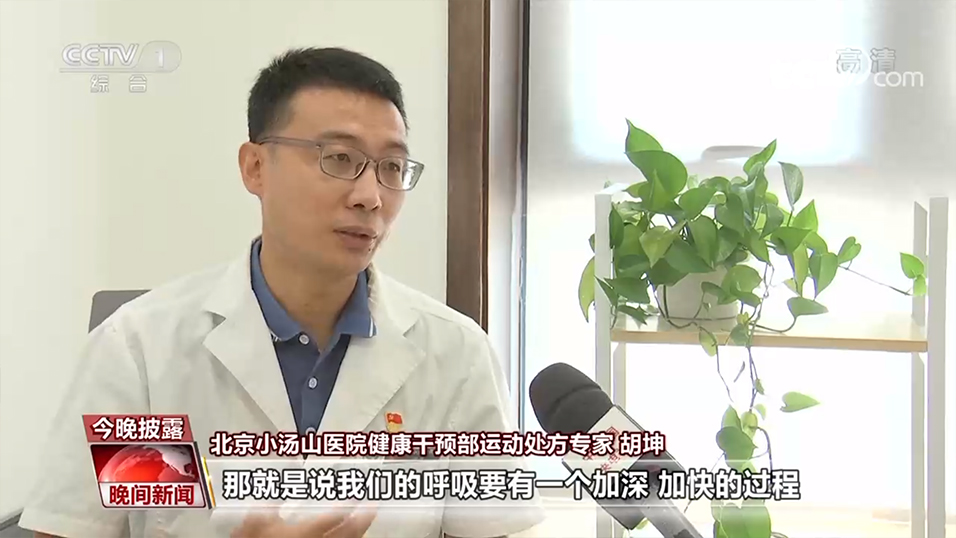
Hu Kun, a sports prescription expert from Health Intervention Department of Beijing Xiaotangshan Hospital.We need to walk at a certain speed. I need to reach a moderate intensity during walking, which means that our breathing should deepen and accelerate, and then we will be a little breathless. Then during the exercise, we can talk, but we can’t sing, reaching such a state.
Do you need to monitor your heart rate during exercise?
Exercise can monitor heart rate and control exercise intensity.
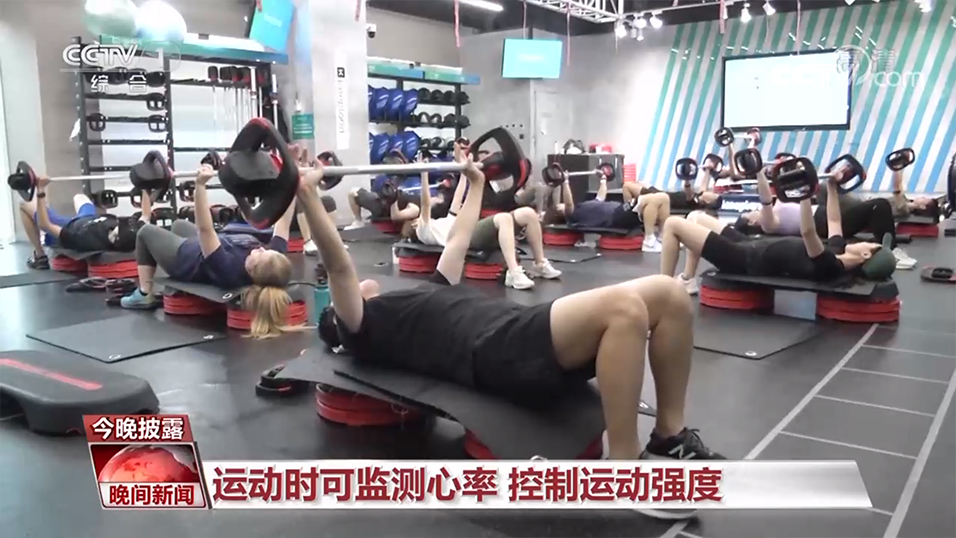
According to experts, heart rate is very sensitive to exercise intensity, and many people will wear bracelets or watches to monitor heart rate, which is more effective in controlling exercise intensity.
Hu Kun, a sports prescription expert from Health Intervention Department of Beijing Xiaotangshan Hospital.Heart rate is an objective index that is very sensitive to our exercise intensity. If we can monitor our heart rate well during exercise, it is actually a guarantee for our exercise effect and exercise safety.
How to treat fat burning heart rate
Don’t deliberately pursue fat burning heart rate, don’t overdo it.
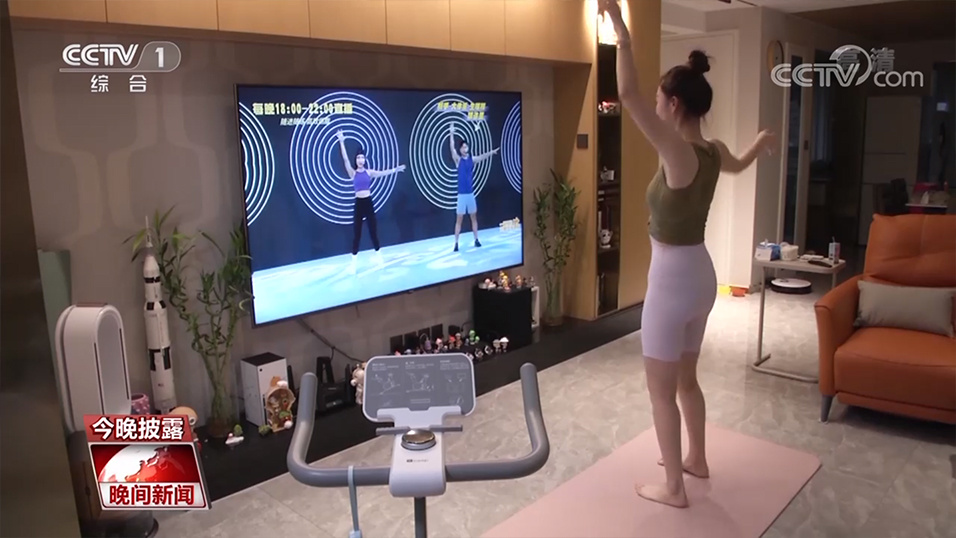
Now, many fitness or weight-loss friends will pursue a "fat burning heart rate" during exercise, that is, when the exercise reaches a certain intensity, the proportion of fat burning is the highest. However, experts suggest that persistent continuous exercise is more effective than the so-called "fat burning heart rate" that pursues accuracy.
Hu Kun, a sports prescription expert from Health Intervention Department of Beijing Xiaotangshan Hospital.For individuals, the difference is great. If you want to get a very accurate fat burning heart rate, you need to test it. But for us ordinary people, if we want to control our weight, we can actually achieve a moderate intensity exercise. For everyone, we don’t recommend excessive exercise.
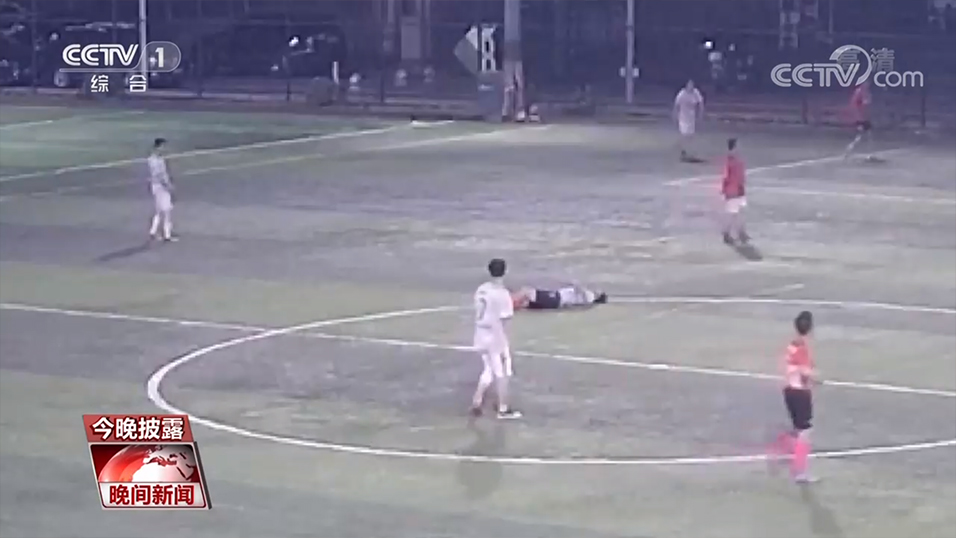
At the beginning of September, there was a thrilling scene in this stadium in Changsha, Hunan Province. One hour after a football match attended by amateur players, Mr. Feng, a player in his 40 s, suddenly fell to the ground and suffered from cardiac arrest. Fortunately, there was an external automatic defibrillator (AED) on the stadium, and several doctors at the scene relayed cardiopulmonary resuscitation to him, and finally he was rescued successfully.
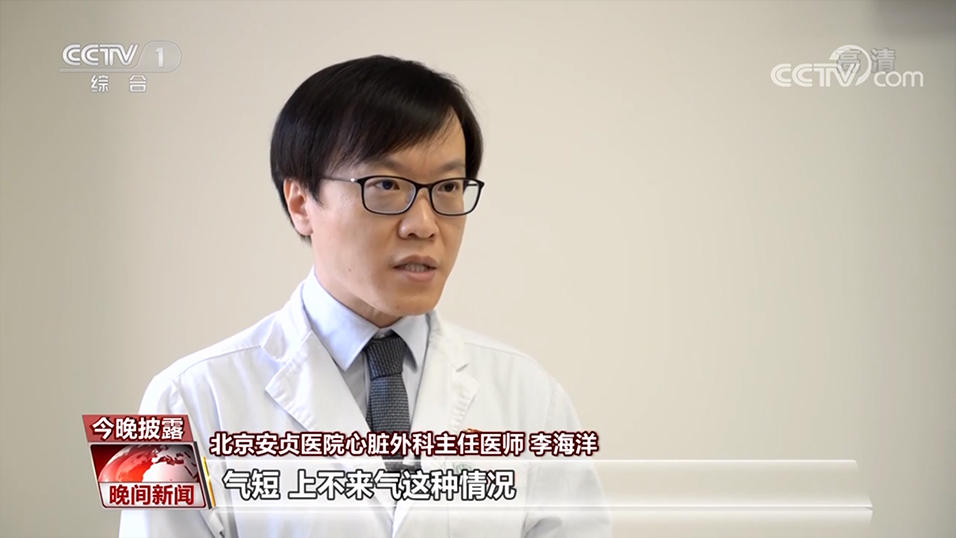
Li Haiyang, Chief Physician of Cardiac Surgery, Beijing anzhen hospital.When everyone is exercising, if there is such a serious chest tightness, shortness of breath and breathlessness, the heart rate jumps very fast, and some heart rates have reached 154 or even higher. This situation often suggests that our exercise has been excessive.
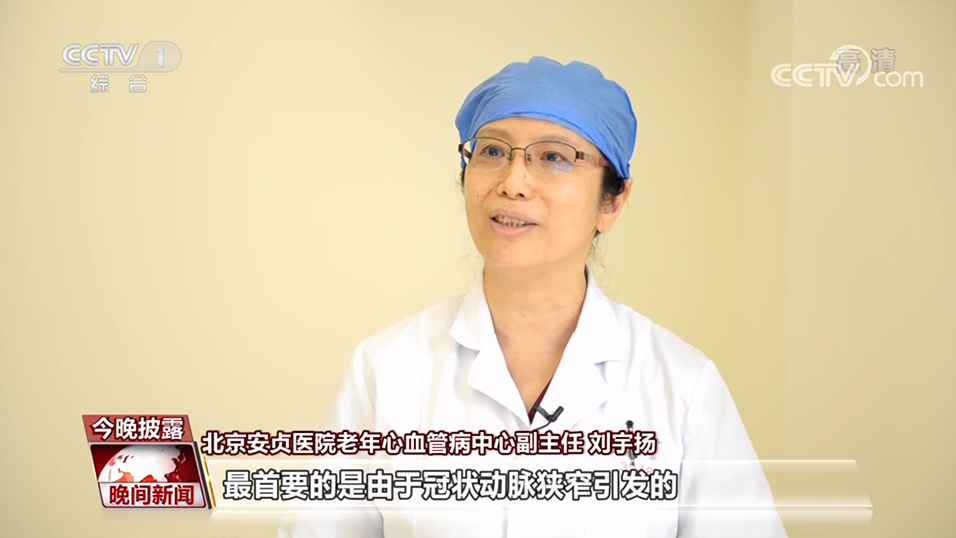
Liu Yuyang, Deputy Director of Beijing anzhen hospital Geriatric Cardiovascular Center.Sudden death is easy to occur, the most important thing is the sudden death after acute myocardial infarction caused by coronary artery stenosis, and the other part is the sudden death caused by some hereditary cardiomyopathy. It is suggested that friends who do this strenuous exercise should give themselves a physical examination, especially a basic examination of our blood pressure, whether there is heart disease in our ultrasound and hereditary heart disease.